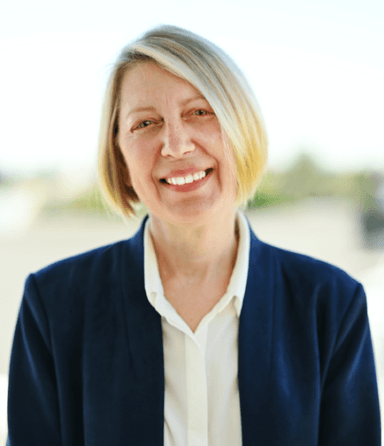
Commercial real estate practitioners walked away from this week’s C5 + CCIM Global Summit in Chicago with a wide range of perspectives and ideas to grow their business income in 2026. Takeaways from this year’s conference included tips for effectively prospecting (put in daily effort using multiple channels), delegating (hand off anything that’s not expanding your knowledge or building a relationship) and tracking key market and performance data (data is king).
The C5 + CCIM Global Summit took place Sept. 16-18. It was the fifth year that the National Association of REALTORS® hosted a conference focused on commercial real estate and the third year since NAR partnered with the CCIM Institute on the event.
Among all the ideas, there were three takeaways repeated throughout the conference from speakers who are finding success in today’s market.
Be distinct in your value proposition.
The more specialty knowledge you can acquire in a distinct segment of the market—whether that’s for-sale development opportunities; industrial tenant leasing opportunities; or last-mile distribution—the stronger your value proposition to potential clients.
“If you say, I serve everyone; you serve no one,” said Rod Santomassimo, CCIM, in a session titled 12 Steps to Massively Grow Your Income. “Generalists are commodity brokers. They are not special.”
During a session on industrial real estate, Jared Booth, CCIM, SIOR, executive vice president of Colliers International in Salt Lake City, said he’s found a lucrative niche in the shallow-bay industrial space. “Our bread and butter have been in the under 50,000 feet market,” he said. “That market is so strong. Anything with a rollup door has been generating multiple offers for years.”
Turn adversity to opportunity.
You can’t change the market, but you can change how you operate in it. New York broker Bob Knakal’s now-famous map room, which details every block and property in his Manhattan market area—27,649 properties—grew out of the COVID-19 lockdown. With business at a standstill, Knakal told the C5 crowd, he solitarily walked his market area, carefully noting sales and development opportunities.
What eventually resulted was a set of color-coded maps that he now keeps in an undisclosed Manhattan location. The maps have become one of his greatest marketing tools. The chairman and CEO of BKREA, Knakal says when he brings prospective clients to the map room, he generates “a 96.6% win rate.”
If you think you don’t have time to do the legwork needed to gain that kind of competitive edge, “you eat an elephant one bite at a time,” said Jay Olshonsky, CCIM, SIOR. “That's what nights, weekends and before calling hours in the office are for.”
Recognize that AI doesn’t replace critical-thinking and relationship skills.
Most speakers said they’re using AI daily to do research, jumpstart their thinking and automate tasks. Far from replacing practitioners, AI is a tool that’s helping them increase their value as client advisers.
Keynote speaker Cassie Kozyrkov, who helped develop large-language AI models when she was Google’s chief decision scientist, urged conference-goers to experience free AI tools such as ChatGPT, Google Gemini and Claude. The tools have a simple interface: a text box where you type in what you want to achieve. “All you need is the courage to ask. The worst thing that will happen is, maybe it won’t work. But maybe it will. If it doesn't, what have you lost?”
AI advice shouldn’t replace the advice you get from trusted friends and colleagues, but it can help validate what you’re hearing and speed up decision-making.
Kozyrkov said using AI to “leapfrog the competition” comes down to two things: knowing how to ask the tool for advice and knowing how to discern the quality of advice it offers you. “Yesterday, advice was costly,” she said. “Today, advice is abundant. Tomorrow, judgment is priceless.”









